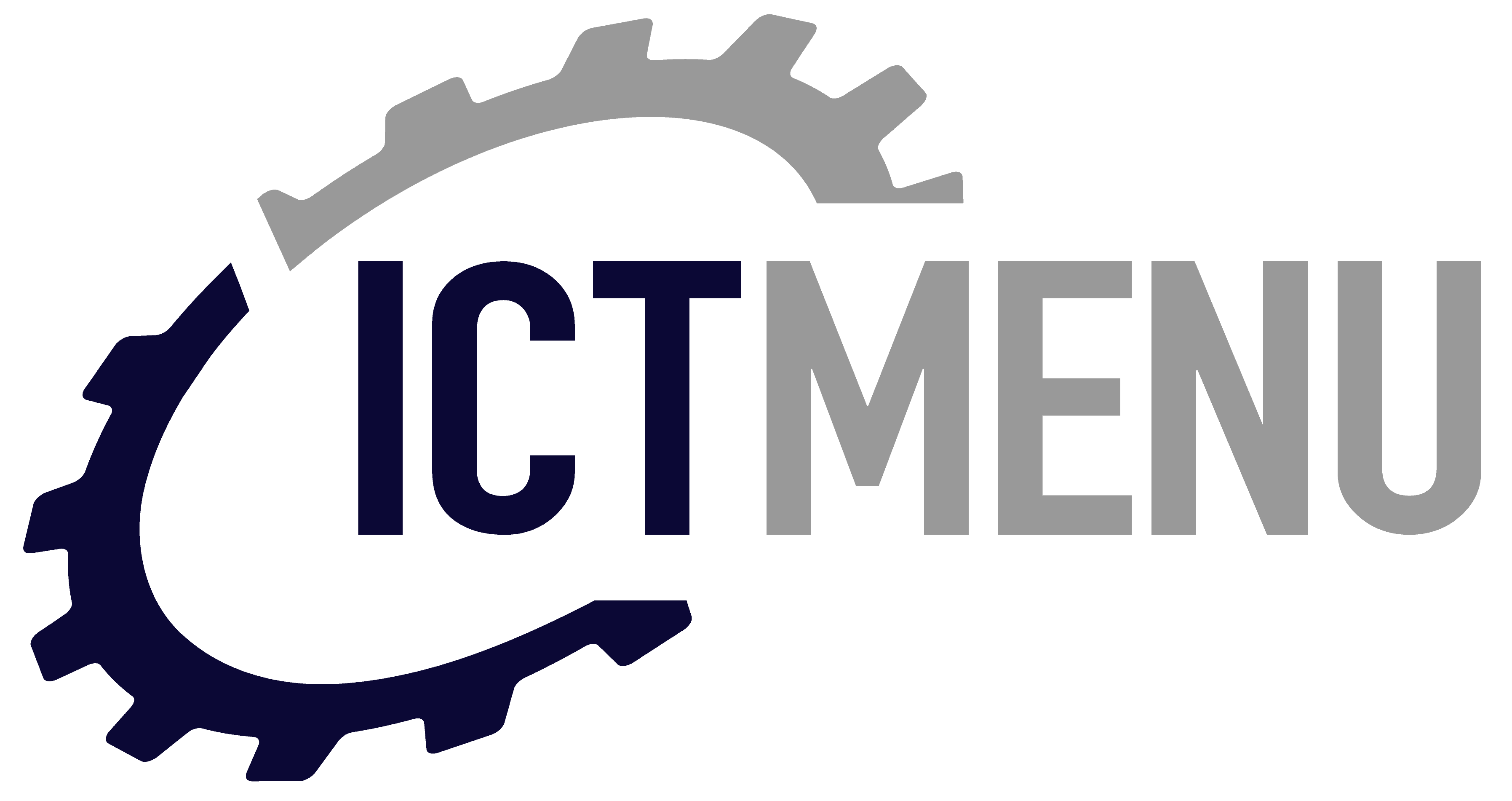Chainlink is a powerful decentralized blockchain oracle network, bridging the gap between off-chain data and on-chain smart contracts. Through its secure and innovative infrastructure, Chainlink facilitates the seamless transfer of tamper-proof data, enhancing the capabilities of blockchain technology. This article explores Chainlink’s impact on hybrid smart contracts, security features, and its pivotal role in the evolution of decentralized applications. Readers will gain insights into how Chainlink’s solutions empower developers and businesses to create more efficient and reliable decentralized systems.
Understanding Chainlink’s Oracle Network
Chainlink plays an integral role in bridging the gap between blockchain networks and external data sources. As a decentralized oracle network, Chainlink provides robust solutions for secure data transfer, ensuring that smart contracts can interact effectively with real-world events. The benefits of employing such a network are numerous. By utilizing a decentralized approach, Chainlink mitigates the risks of data tampering and single points of failure, which are prevalent in centralized systems. This enhances the reliability and trustworthiness of the data fed into blockchain applications, fostering a more secure environment for the execution of smart contracts.
Ensuring data accuracy and reliability is paramount for blockchain applications that depend on precise and timely information. Chainlink employs a network of independent nodes to retrieve and deliver data, ensuring that the inputs are verified and consensually agreed upon by multiple parties. This not only guarantees the accuracy of the data but also fortifies the network against fraudulent information or malicious actors.
Chainlink’s innovations further solidify its leadership in this domain, most notably through the development of hybrid smart contracts and secure data feeds. Hybrid smart contracts leverage both on-chain and off-chain components, enabling more dynamic and versatile applications. Secure data feeds provide trusted price updates and other critical information necessary for financial products and other blockchain services.
As we explore the unique features of Chainlink technology in the next chapter, it becomes evident how these innovations collectively empower blockchain ecosystems. The seamless integration of external data with blockchain applications through Chainlink’s oracle network sets a new standard in the industry.
Unique Features of Chainlink Technology
Chainlink stands out as a transformative force for blockchain connectivity with its seamless integration of off-chain data sources. A critical component of its technology is the use of decentralized computation and verifiable random functions (VRF). These features are key to enhancing data integrity, which is essential for real-world applications requiring trustworthy information. By employing decentralized nodes to gather and verify data, Chainlink ensures that the information feeding into smart contracts is accurate and tamper-proof. This reliability is a boon for developers who need dependable data feeds for applications such as finance and insurance.
Moreover, Chainlink’s VRF is a game-changer for developers working on gaming applications that require randomness. It allows the generation of verifiable random numbers that aren’t susceptible to manipulation, thus ensuring fair gameplay and user trust. Chainlink’s security innovations extend beyond just data accuracy; its architecture is designed to safeguard transactions and data handling from potential threats. By maintaining transparency and reducing vulnerabilities, Chainlink empowers developers to focus on innovation rather than security concerns.
These unique features underscore Chainlink’s dedication to pushing the boundaries of blockchain connectivity. Its combination of reliable data feeds, secure randomness, and robust security protocols exemplifies Chainlink’s commitment to advancing the capabilities of smart contracts. As we delve further into the world of blockchain technology, understanding how such technologies empower hybrid smart contracts will reveal even more about their potential to revolutionize digital infrastructure.
Empowering Hybrid Smart Contracts
Chainlink serves as a crucial bridge in the blockchain ecosystem, seamlessly integrating both on-chain and off-chain data to empower hybrid smart contracts. Traditionally, smart contracts have been limited by their reliance solely on data available within the blockchain. However, with Chainlink’s secure oracles, these contracts can now access complex external data streams. This integration allows smart contracts to perform more sophisticated operations and make decisions based on real-world events.
The ability to incorporate data from outside the blockchain offers significant benefits across various sectors. In finance, hybrid smart contracts can leverage external market data to trigger transactions, automate compliance monitoring, or manage derivatives and loans with greater accuracy. In the insurance domain, oracles can provide real-time weather data or accident reports, enabling automatic claims processing. For supply chains, Chainlink can access IoT data for monitoring goods’ conditions, ensuring compliance with quality and delivery standards.
Real-world examples highlight the profound impact of Chainlink. For instance, DeFi platforms are using Chainlink to access reliable price feeds, enhancing asset valuation and liquidity pool management. In the agriculture industry, smart contracts powered by Chainlink are utilized for crop insurance, automatically issuing payouts based on predefined weather conditions.
As these domains and others benefit from Chainlink’s capabilities, they illustrate its versatility and effectiveness in enhancing blockchain applications. This discussion naturally leads into the next exploration of Chainlink Token Economics, where we examine how the Chainlink token plays a role in maintaining and expanding this revolutionary technology.
Chainlink Token Economics
Chainlink is revolutionizing blockchain connectivity by creating a robust ecosystem supported by its native LINK tokens. These tokens are integral to the network, ensuring that node operators are adequately compensated while upholding high data integrity standards. At its core, the LINK token functions as the economic incentive for node operators to provide reliable data and complete transactions accurately, aligning with Chainlink’s mission to empower smart contracts. Chainlink’s approach ensures that nodes are not only rewarded but also held accountable, fostering a healthy ecosystem that prioritizes trustworthiness and reliability.
The LINK token plays a vital role in transaction validation and dispute resolution within the Chainlink network. Node operators stake LINK tokens as collateral to guarantee truthful data submission. This staking mechanism incentivizes honest behavior, as malicious conduct would lead to the forfeiture of staked tokens. Furthermore, dispute resolution processes are supported by the potential penalization or rewarding of nodes, thus maintaining transparency and fairness. This dynamic establishes Chainlink as a trustworthy connector of smart contracts with external data sources, synonymous with secure and tamper-proof decentralized applications.
Chainlink’s tokenomics is designed to support network stability and growth, encouraging widespread node operator participation while mitigating risks. The demand for LINK tokens is directly tied to the network’s usage levels, creating a positive feedback loop. As more developers integrate Chainlink’s oracle services, the network’s utility and the demand for LINK naturally increase. This mechanism aligns seamlessly with Chainlink’s vision to manage digital infrastructures efficiently.
As understanding grows, so does the need for secure and trusted data within blockchain networks. This leads to the next important aspect: the security and trust Chainlink provides, which further cements its role as a significant player in the blockchain ecosystem.
Security and Trust with Chainlink
Chainlink plays a crucial role in the security of blockchain networks, ensuring that their connectivity is tamper-proof. By implementing a robust security framework, Chainlink has established itself as a go-to solution for maintaining the integrity of transactions across various platforms. One of the standout features of Chainlink is its use of protocols like DECO and Town Crier, which enhance secure data delivery. DECO allows private data to be utilized in smart contracts without exposing it to the chain, while Town Crier acts as a trusted execution environment that securely retrieves data from the web. These protocols exemplify Chainlink’s commitment to protecting sensitive information and upholding user trust.
Chainlink has been a pioneer in building trust within decentralized systems, which is key to its widespread adoption. By offering a mechanism that brings off-chain data into the blockchain world safely and verifiably, Chainlink has resolved one of the most pressing challenges faced by smart contracts. This accomplishment boosts the reliability of smart contracts, making them more secure and dependable for various applications, from financial services to supply chain management.
With a focus on secure and trustworthy data handling, Chainlink strengthens blockchain reliability, positioning itself as a trusted ally in the quest for secure applications. As we transition from understanding how Chainlink facilitates secure transactions and maintains trust, we naturally move toward exploring the future of decentralized oracle networks and their potential to further revolutionize blockchain technology.
Future of Decentralized Oracle Networks
Chainlink is undoubtedly at the forefront of evolving blockchain technology, as its focus shifts towards a promising future with Chainlink 2.0. This iteration aims to enhance Chainlink’s capabilities by expanding the reach and complexity of decentralized oracle networks. Building on the foundational security discussed in previous sections, Chainlink strives to redefine how blockchain connectivity operates by integrating advanced services such as hybrid smart contracts, which merge on-chain and off-chain data and processes.
- Chainlink 2.0 is designed to provide scalable, cost-efficient solutions that support more sophisticated decentralized applications (dApps), fostering innovation across industries.
- With its robust framework, Chainlink’s influence extends to various sectors, potentially transforming industries like finance, insurance, and logistics by offering seamless access to real-world data.
- Research and development remain central to Chainlink’s strategy. Innovations such as the development of verifiable randomness functions (VRF) and decentralized identity solutions demonstrate the pioneering work underway.
Strategic partnerships and ecosystem growth are propelling Chainlink forward, ensuring it remains a vital component in the next generation of blockchain applications. By maintaining its dedication to reliability and transparency, Chainlink not only safeguards existing systems but also paves the way for new, decentralized paradigms. As we look ahead, Chainlink’s role in advancing and securing blockchain technology positions it as a vital pillar for broad-scale adoption, ensuring it continues to lead in providing secure and dynamic solutions for the decentralized future.

